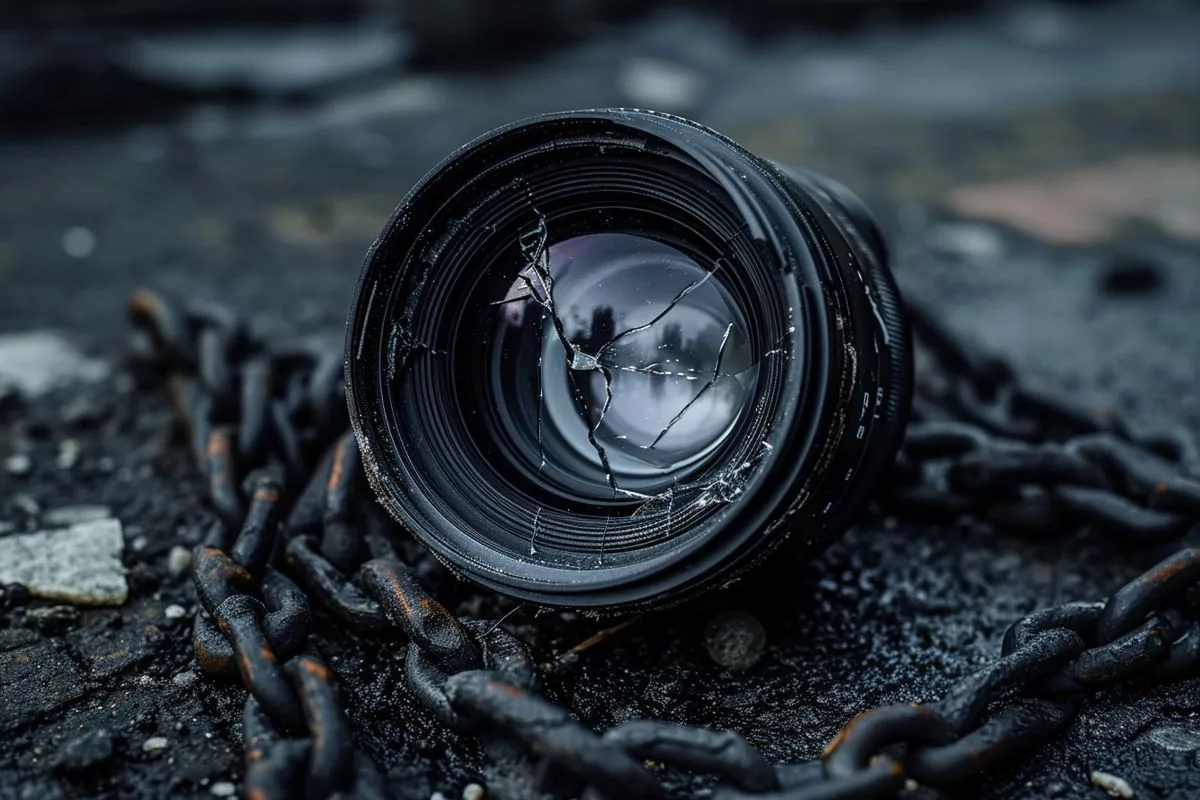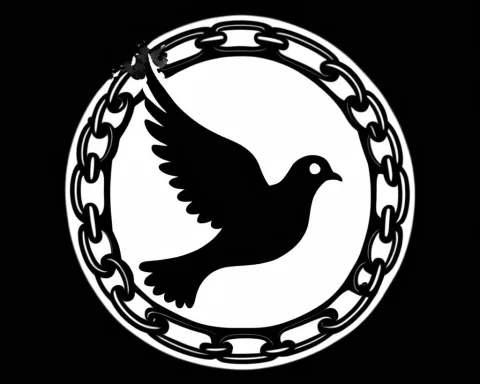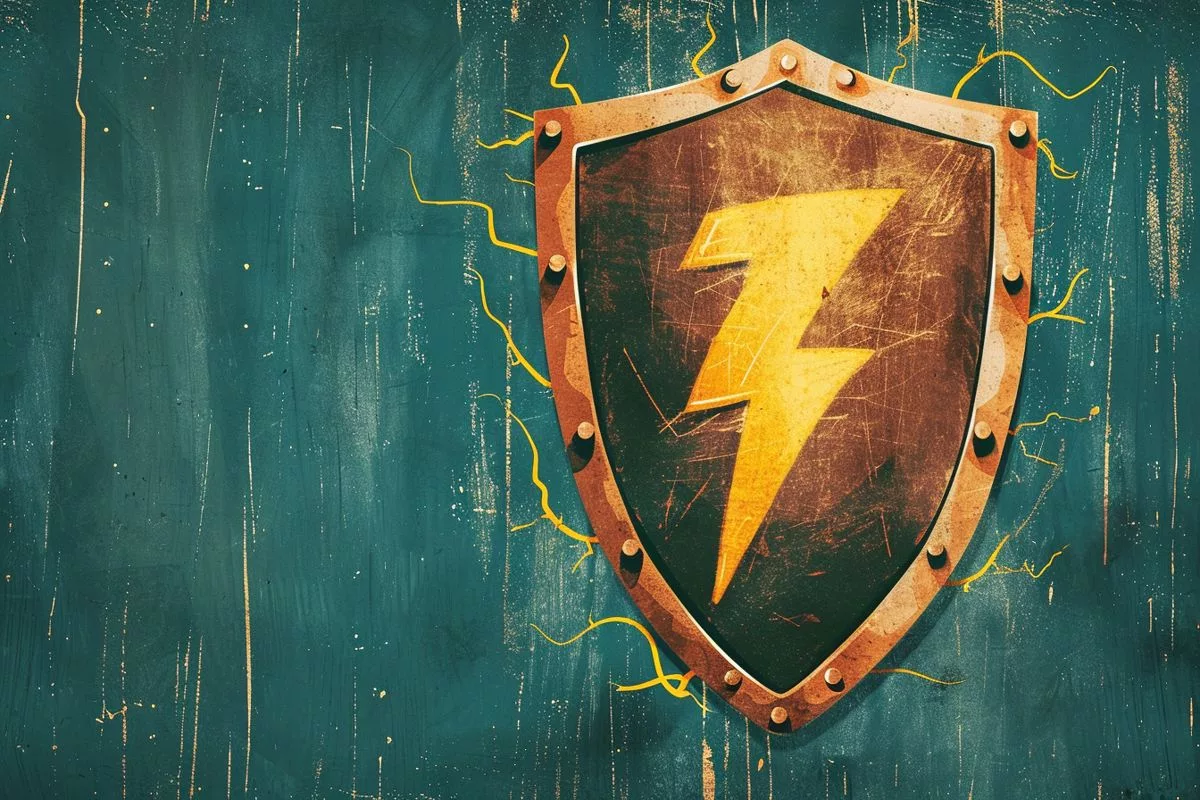Dr. Peter Magubane was a South African photojournalist who fought against apartheid using his camera lens as a tool of defiance. His photographs exposed the deep, dark corners of injustice and tyranny, providing a crucial counter-narrative to the false propaganda of the apartheid regime. Despite severe punishment, including assault, incarceration, and 586 days in solitary confinement, he refused to let go of his camera. His legacy endures as a beacon of courage and resilience, inspiring us to carry his dedication to truth and justice forward.
Who was Dr. Peter Magubane?
Dr. Peter Magubane was an iconic figure in South African photojournalism who fought against the injustices of apartheid. His camera lens was his tool of defiance, unveiling the truth and illuminating the deep, dark corners of injustice and tyranny. Despite brutal punishments, he refused to let go of his camera and his photographs provided a crucial counter-narrative to the false propaganda of the apartheid regime. His legacy endures today as a beacon of courage and resilience, inspiring us to carry his dedication to truth and justice forward.
The Power of Visual Storytelling
In the world of visual narratives, certain individuals emerge with a remarkable blend of courage and creativity. Armed with their talents, they fight against the injustices plaguing society. One such individual was Dr. Peter Magubane, an iconic figure in South African photojournalism. His life and work serve as a powerful reminder of the camera’s role as a vehicle for truth and revolt, a weapon he courageously wielded against the colossal force of apartheid.
Dr. Magubane, affectionately known as Bra Peter, was born into the harsh reality of the apartheid era. He refused to stand passively by amidst the prevailing inhumane conditions. For him, the camera was a tool of defiance – a tool not aimed at harming individuals but aimed at dismantling apartheid. His mission was to unveil the truth and illuminate the deep, dark corners of injustice and tyranny.
Bra Peter was essentially a warrior of freedom. His battlefield was the roads and townships of his homeland, and his weapon was his camera lens. His courage, albeit met with severe punishments, including brutal assaults, incarceration, and a staggering 586 days in solitary confinement, remained undeterred. Despite the odds, he refused to let go of his camera.
Ingenious Methods and His Impact
Bra Peter was cunning and ingenious, often devising clever ways to sneak his camera into restricted areas, concealing it in hollowed-out bread, milk cartons, and even religious books. His single-minded commitment to his cause extended to assisting fellow journalists while managing his own demanding schedule.
Peter Magubane’s photographs were more than just images; they were visual affirmations of the truth. His lens provided a crucial counter narrative to the false propaganda propagated by the apartheid regime trying to project a benevolent image to the world. His photographs laid bare the regime’s deceit and brought the harsh realities of apartheid into the harsh light of day.
Interestingly, his talents were not limited to portraying the brutalities and violence of apartheid. His photographic repertoire covered a wide range of South African culture, from capturing memorable moments of President Mandela’s life to documenting the fading cultures of South Africa’s ethnic communities. His raw, candid images of daily life under apartheid were gripping enough to draw a global audience via publications like Drum magazine, Time, and the Rand Daily Mail.
A Legacy That Endures
One of his most evocative images depicts a black domestic worker affectionately grooming a white child seated on a Europeans Only bench. This photograph exemplified the painfully harsh reality of the apartheid era, vividly bringing to life the lived experiences of black South Africans for audiences worldwide.
Through such heartrending images, Dr. Magubane compelled the world to face the irrational and inhumane laws and rules of apartheid. Today, his work is recognized and celebrated as a vital contribution to journalism and the struggle against racism and tyranny.
In the present context, when journalists face threats and even death for performing their duties, Dr. Magubane’s legacy stands as a beacon of courage and resilience. His works highlight the invaluable role of a free press in exposing injustice, holding those in power accountable, and influencing public opinion.
Inspiring Change and Hope
Just as Bra Peter’s work played a pivotal role in molding global opinion against apartheid, the media today has the potential to instigate change and inspire hope. It stands as a testament to the transformative strength of journalism, a power capable of stirring the spirit of a nation and fostering collective courage.
Even though we have lost a monumental figure, Dr. Peter Magubane’s legacy persists. His photographs will continue to serve as a glimpse into South Africa’s history, holding a reservoir of painful memories. But more significantly, his photographs remind us of human resilience.
In honoring Dr. Magubane, we should strive to emulate his unflinching dedication to truth and justice. We should aspire to carry his legacy forward, recognizing that our past influences our present and shapes our future. Like Bra Peter, we should aim to be not just recorders of despair, but protectors of democracy and heralds of hope.
1. Who was Dr. Peter Magubane?
Dr. Peter Magubane was a South African photojournalist who fought against apartheid using his camera lens as a tool of defiance.
2. What is Dr. Peter Magubane’s legacy?
Dr. Peter Magubane’s legacy endures as a beacon of courage and resilience, inspiring us to carry his dedication to truth and justice forward.
3. What was Dr. Peter Magubane’s mission?
Dr. Peter Magubane’s mission was to unveil the truth and illuminate the deep, dark corners of injustice and tyranny.
4. What impact did Dr. Peter Magubane’s photographs have?
Dr. Peter Magubane’s photographs provided a crucial counter-narrative to the false propaganda of the apartheid regime, laying bare the regime’s deceit and bringing the harsh realities of apartheid into the harsh light of day.
5. What is the significance of Dr. Peter Magubane’s legacy today?
In the present context, when journalists face threats and even death for performing their duties, Dr. Magubane’s legacy stands as a beacon of courage and resilience, highlighting the invaluable role of a free press in exposing injustice, holding those in power accountable, and influencing public opinion.
6. How can we honor Dr. Peter Magubane’s legacy?
In honoring Dr. Magubane, we should strive to emulate his unflinching dedication to truth and justice, aspire to carry his legacy forward, recognizing that our past influences our present and shapes our future.












